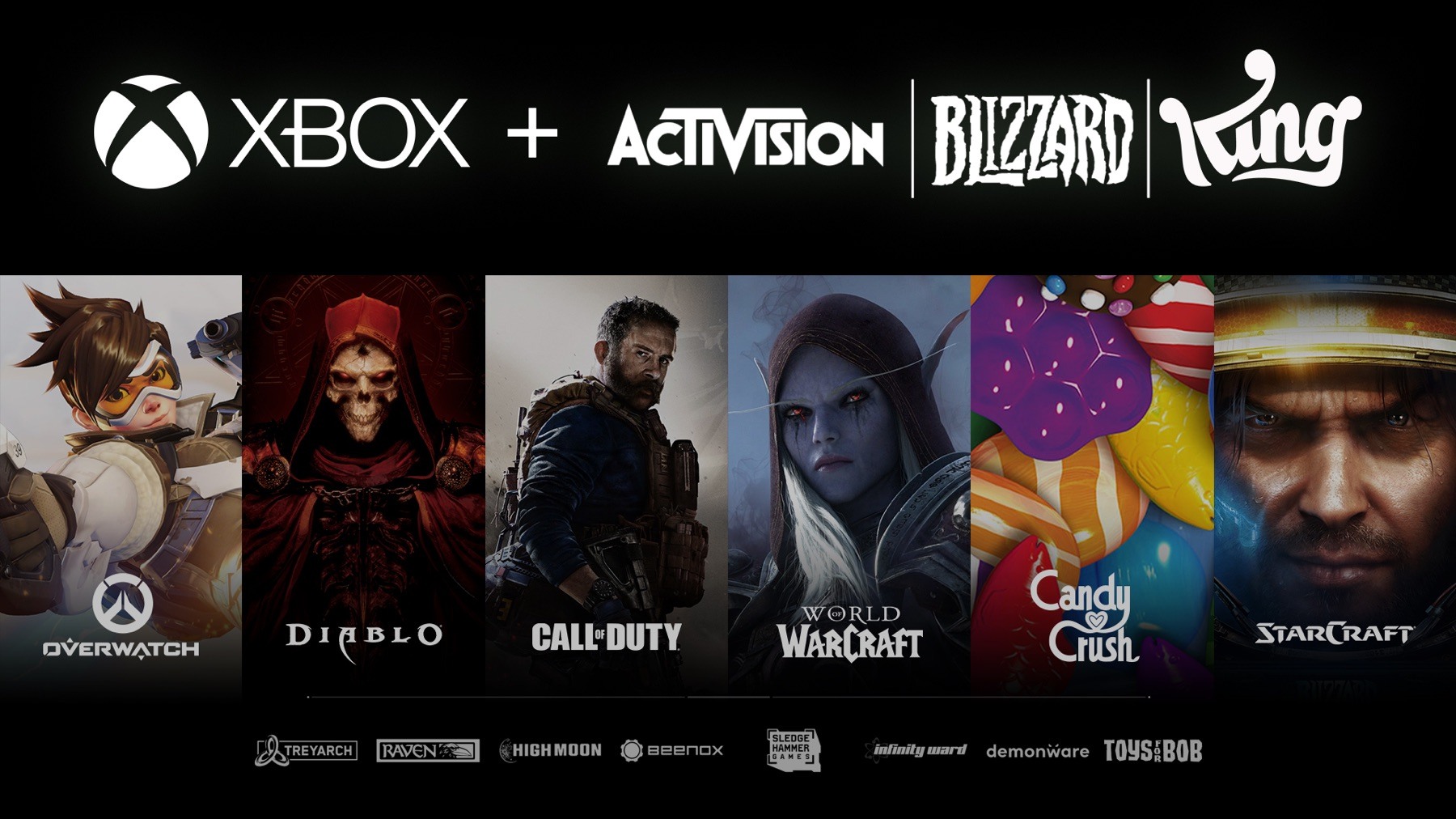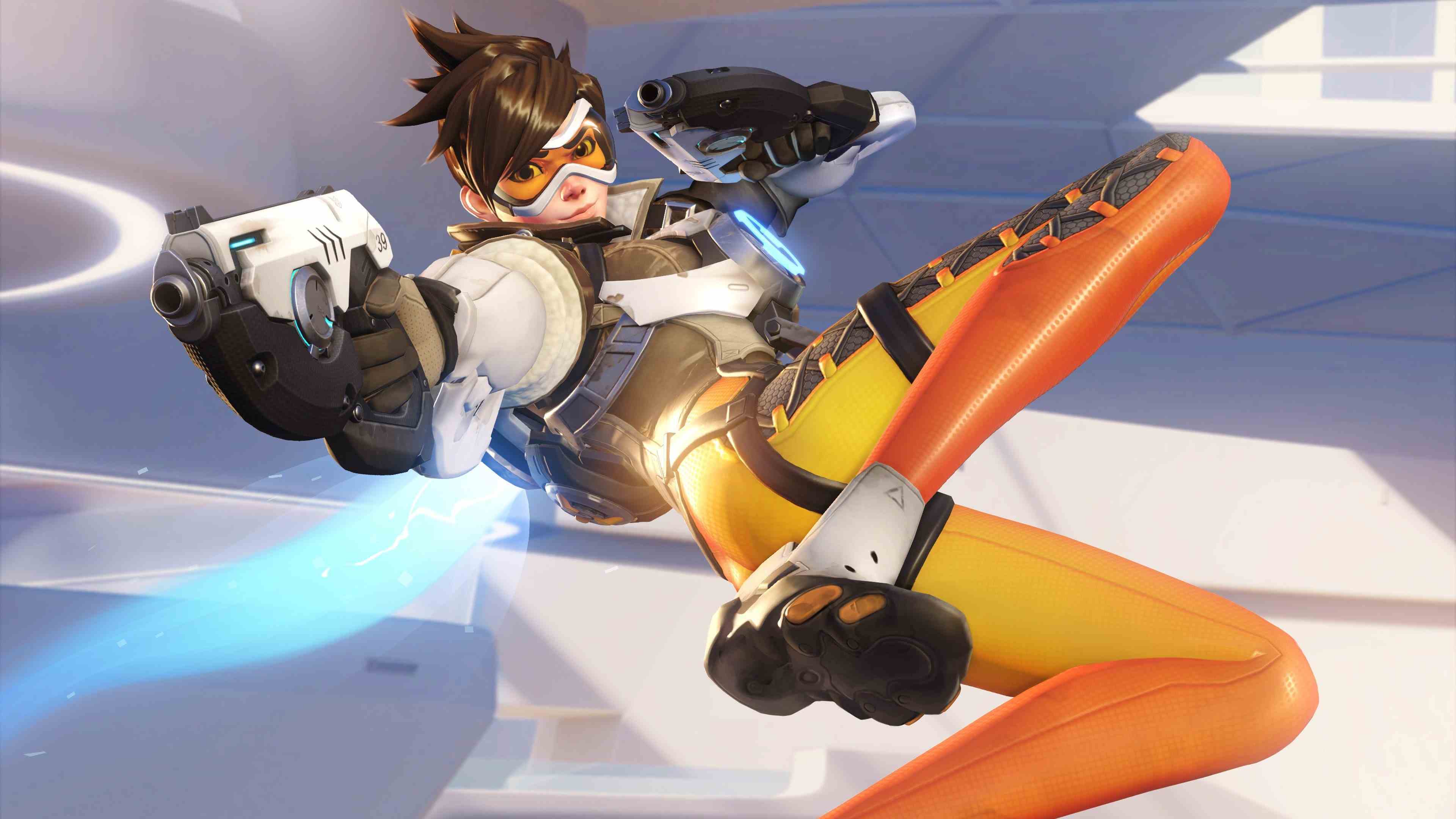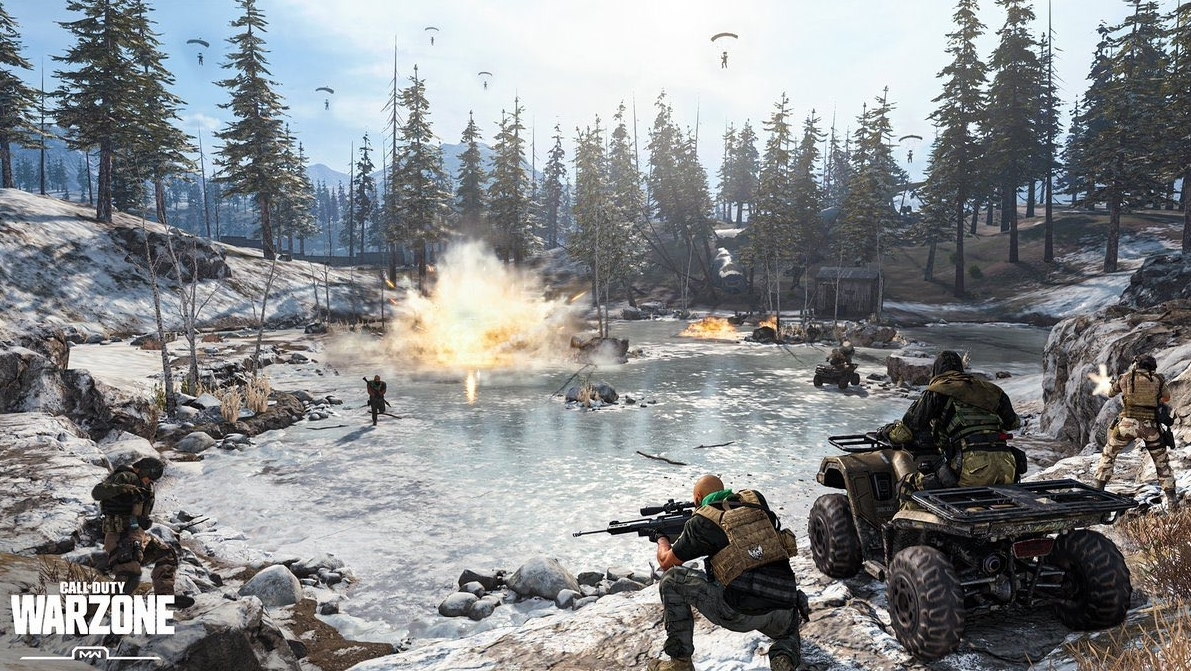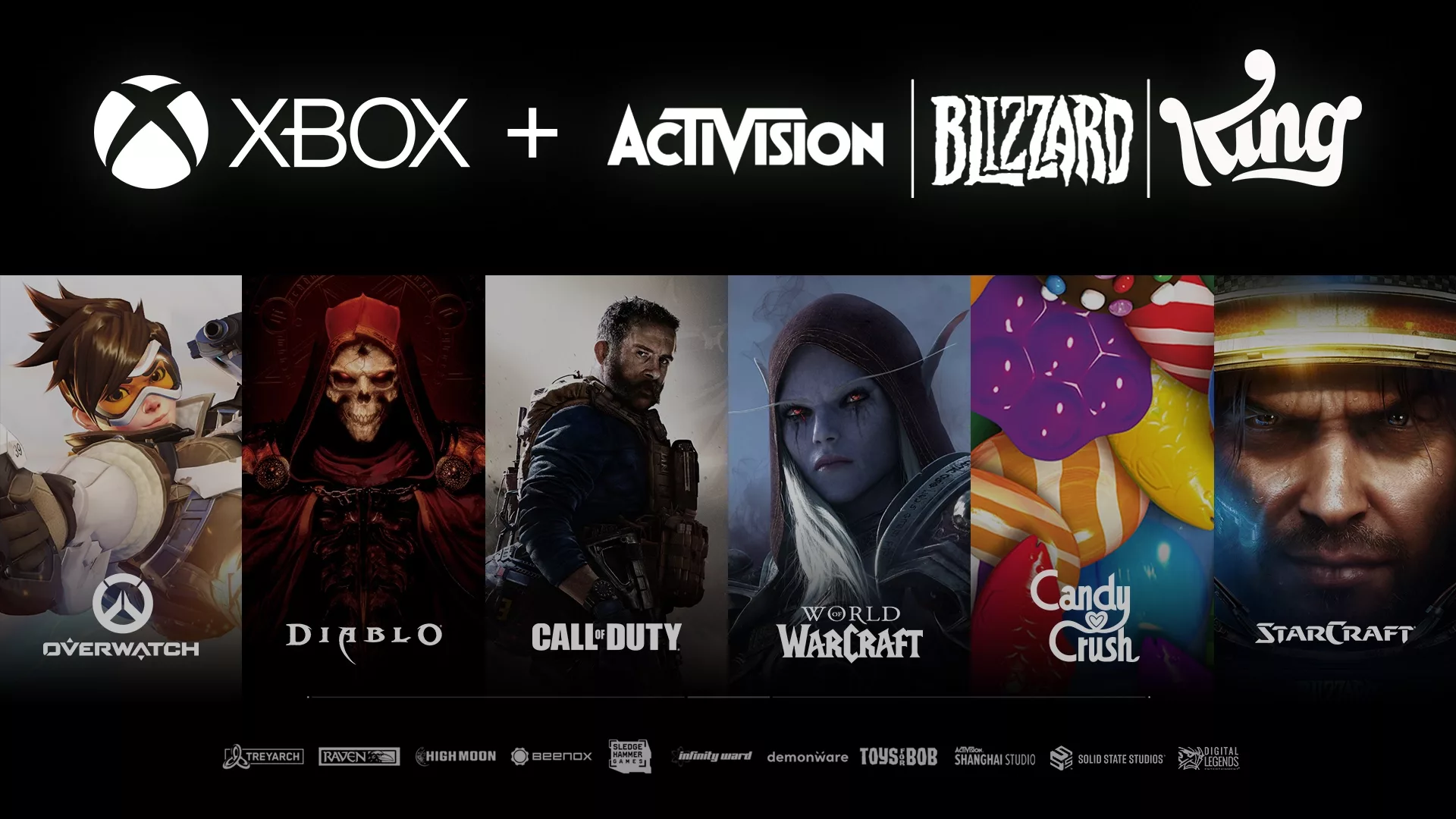The largest acquisition in the history of the videogame industry has been finalized at last, after years of back-and-forth negotiations.

The Activision Blizzard acquisition by Microsoft has been a hot topic on the business side of the gaming industry for years now, and for good reason: It's the largest acquisition in the gaming industry ever, with tens of billions of dollars being moved around and antitrust regulators worldwide chomping at the bit to stop it in its tracks. Now, after nearly two years of bartering and navigating legal red tape the deal has finally been cleared by the UK as well and subsequently finalized.
Shortly after the news broke a blog post by Phil Spencer, CEO of Microsoft Gaming, was published on the official Xbox blog, welcoming Activision, Blizzard and King into their ranks. It also includes an "official trailer" showcasing the various franchises that now belong to Microsoft. I can't say I've ever seen a trailer for a business acquisition before, but I suppose this is a once-in-a-lifetime occasion.
Activision Blizzard x Microsoft: The Story So Far

"Wait, Microsoft is buying Activision-Blizzard? Since when?" OK, let me backtrack a bit and explain what happened from the beginning.
In January 2022 Microsoft announced that they intended to acquire Activision Blizzard in full to the sum of 68.7 billion dollars. This announcement followed a string of controversies and lawsuits surrounding Activision Blizzard and especially its CEO Bobby Kotick. Those controversies naturally tanked the company's value, and many speculate that Microsoft jumped at this chance to acquire a major publisher they'd already been eyeing for a while for cheap.
Of course, you can't just buy up one of your main competitors and expect it to go smoothly. The deal still had many hurdles to go through before it could be finalized, the biggest ones being several national regulatory bodies across the world that raised antitrust concerns. In fact, the US's Federal Trade Commission (or FTC) tried to block the deal from going through, but argued their case so poorly in court that even the presiding judge was noticeably unimpressed and allowed Microsoft to go forward with the merger for now.
In order to get the deal approved by most other national regulatory bodies Microsoft had to make a few concessions, such as an agreement to bring Call of Duty games to Nintendo consoles and Nvidia cloud streaming services for the next 10 years. However, the Competition and Markets Authority (or CMA) in the UK remained skeptical and blocked the deal until very recently,
Finally, on October 13, the CMA announced that Microsoft had agreed to sell the streaming rights to all Activision Blizzard games for the next 15 years to Ubisoft in exchange for their approval of the deal. Microsoft announced that the deal had been finalized the very same day.
It was also announced that Bobby Kotick will only be staying on as Activision Blizzard's CEO until the end of the year. Since he's been accused of being a main source of Activision Blizzard's many, many troubles in recent years I imagine few will be sad to see him go.
Activision Blizzard x Microsoft: What This Means For You

"Ok, so Microsoft is buying Activision Blizzard. Why should I care?" There are a couple of reasons, actually!
Everything that was Activision Blizzard is now Microsoft, including their IPs. So you might see the following franchises become Xbox and/or PC exclusives with their next entry:
- Warcraft
- Overwatch
- Hearthstone
- Diablo
- Crash Bandicoot
- Spyro
- and many more!
And everyone loves console exclusivity, right? Naturally Microsoft still has a financial incentive to keep at least some of these franchises cross-platform, and they do still have a few competition regulators keeping a close eye on them that they wouldn't want to upset. But if you're a PlayStation owner and a fan of any Activision Blizzard-franchises you might want to keep your expectations in check when it comes to PS5 ports.
Meanwhile, Call of Duty fans should be safe for now. In fact, they might be better off than before, since Microsoft is now obligated to bring the franchise to Nintendo consoles for the next 10 years! How they're going to accomplish that is a bit of an open question though. The Nintendo Switch hardly has the hardware capabilities for any of the recent CoD releases after all (at least not with some serious graphics concessions on the scale of Mortal Kombat 1).
More generally speaking, for the average consumer corporate consolidation is usually very, very bad. "Competition breeds Innovation" is a popular saying for a reason, and when a company, like, say, Disney starts just buying up all their competitors they also eliminate a major incentive to actually try some new things. Why should they when they could just keep producing generally popular design-by-committee products and ignoring their more niche properties?
But this may all just be doomsaying. Either way, we'll see how this acquisition affects the industry in the coming years.






























